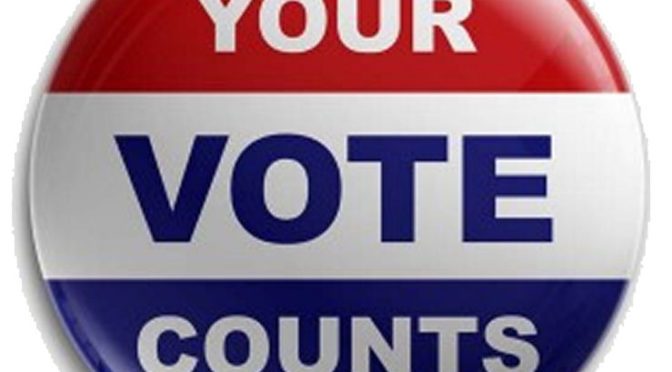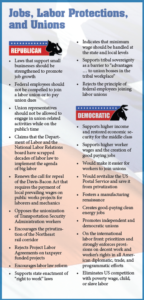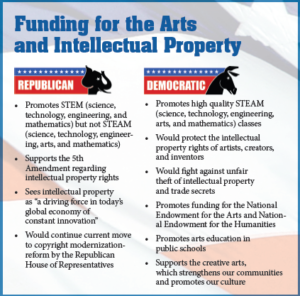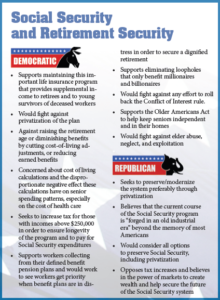Following President Donald Trump’s January 27 executive order for his first travel ban, composer Soosan Lolavar was banned from re-entering the US. Lolavar was born and raised in London, but has dual citizenship as her father is Iranian. She had been a student of Iranian music at Pittsburgh’s Carnegie Mellon University.
After England’s foreign secretary Boris Johnson secured special dispensation for dual nationals, she was allowed to return to the US in time for the March premiere of her opera ID, Please. Lolavar says the story, which takes place in an unnamed country, was inspired by Trump’s hateful rhetoric during the 2016 primaries. It follows the story of a border agent interrogating an assortment of passengers.
Though she did attend the premiere, she says she is torn about coming back to the country due to the solidarity she feels for friends and family who cannot cross the border.







